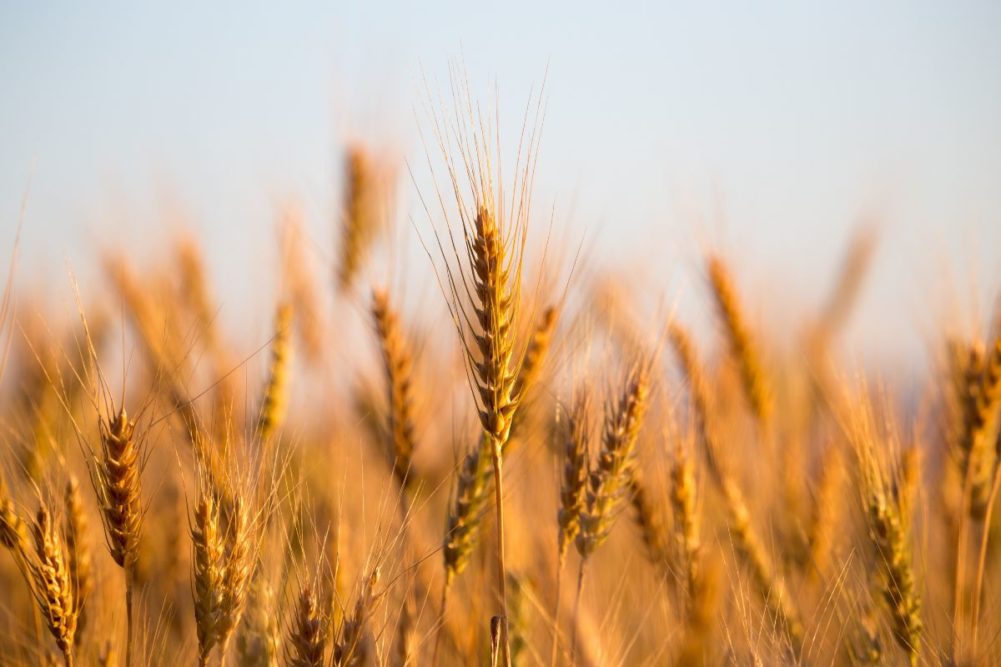LONDON, ENGLAND — In an effort to shore up Ukraine’s grain shipments via land corridors, the European Bank for Reconstruction and Development (EBRD) is lending €10 million (US$10.6 million) to Ukrainian grain producer Grain Alliance Group, a Swedish-owned midsize agri-holding.
The funds from the five-year loan will be used to improve and expand overland export capacity, sidestepping Russian disruption of exports via Ukrainian seaports, which traditionally moved more than 90% of the country’s grain and oilseeds to foreign markets.
Russia’s war on Ukraine, which began Feb. 24, has forced producers to seek road and rail routes to international markets rather than via ports, which have been blocked and damaged.
Three Ukrainian Black Sea ports started moving grain again at the end of July under a deal brokered by the United Nations and Turkey. The Black Sea Grain Initiative was renewed on Nov. 17 for an additional 120 days. The Ukrainian agriculture ministry said at the end of November that the country had exported almost 18.1 million tonnes of grain so far this year, down nearly 30% from the 25.8 million tonnes exported by the same stage in 2021.
The resulting congestion on existing overland routes has limited exports, with investment needed to address border crossing bottlenecks.
The Grain Alliance Group’s response has been to develop the resilience of its own business and the agribusiness sector by developing alternative logistics routes from Ukraine. In the spring of 2022, the group acquired a grain logistics hub just over Ukraine’s border with Slovakia, in the city of Cierna nad Tisou.
The EBRD’s loan will finance an expansion of the Slovak hub to provide transshipment capacity of 400,000 tonnes a year. It will support the Grain Alliance Group’s efforts to increase storage capacity, upgrade and automate infrastructure, and buy grain hoppers, locomotives and trucks for secure transport of grains from its Ukrainian elevators to the Slovak hub and onward to final customers.
The loan is in line with the Solidarity Lanes package, a program established by the European Commission and EU-bordering countries to safeguard global food security and aid Ukraine’s economy, in which the EBRD is investing €300 million.
The loan will be supported by the donor-funded EBRD Crisis Response Special Fund via partial guarantee within the EBRD’s resilience package in response to Russia’s war on Ukraine. It also is supported by the EBRD’s Shareholder Special Fund (SSF) and Japan-EBRD Cooperation Fund.
The EBRD is Ukraine’s biggest institutional investor. Since February, the Bank has committed more than €1 billion, and aims to triple that figure by the end of 2023. The EBRD’s primary focus is to support the “real” economy – maintaining energy and food security, restoring rail infrastructure, and supporting trade and the private sector.



